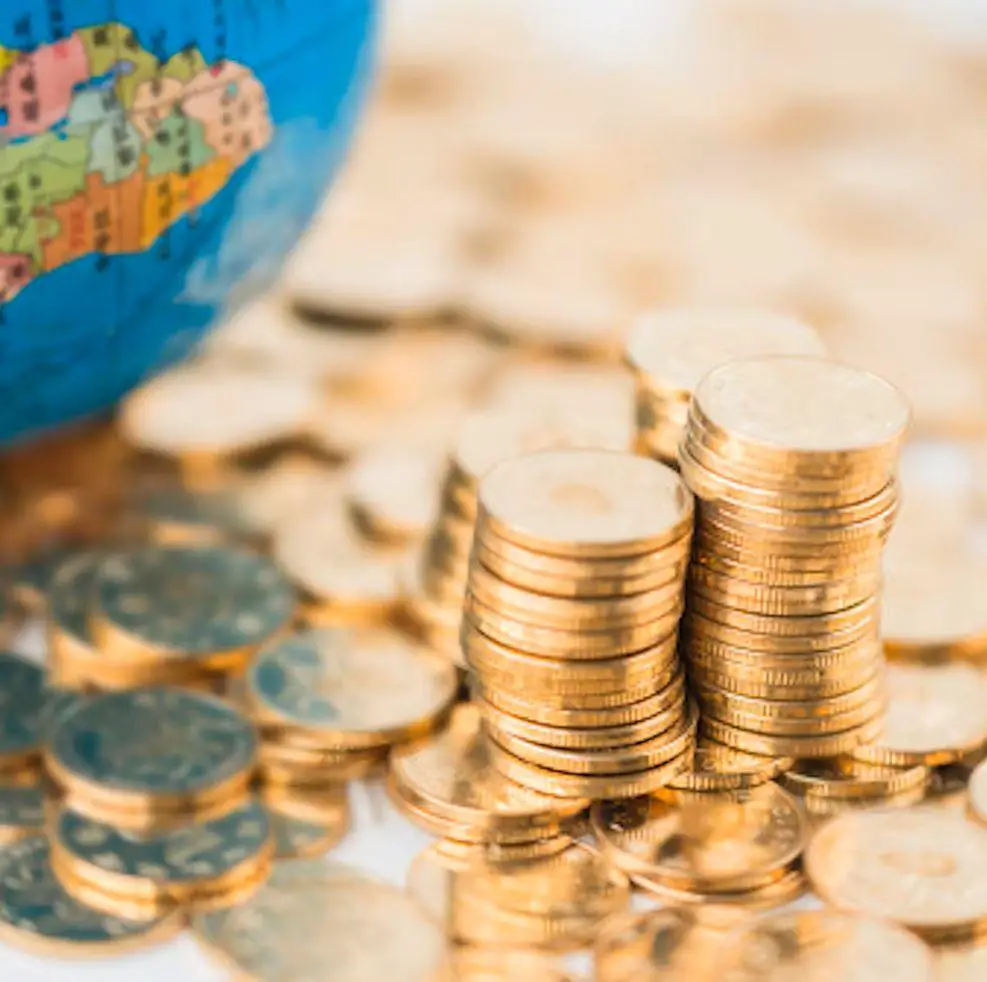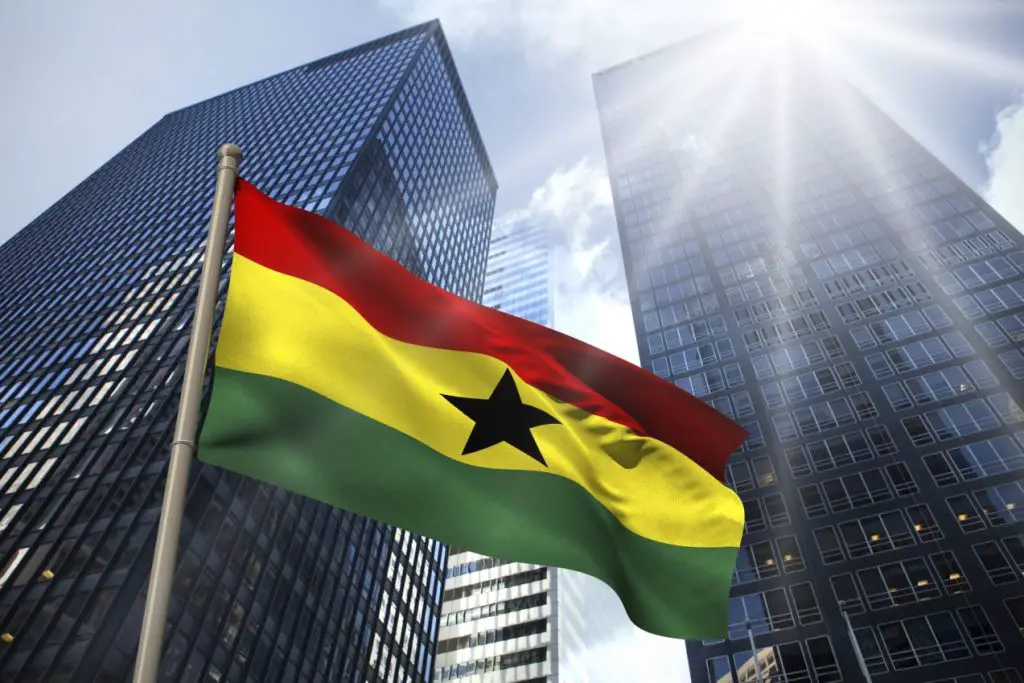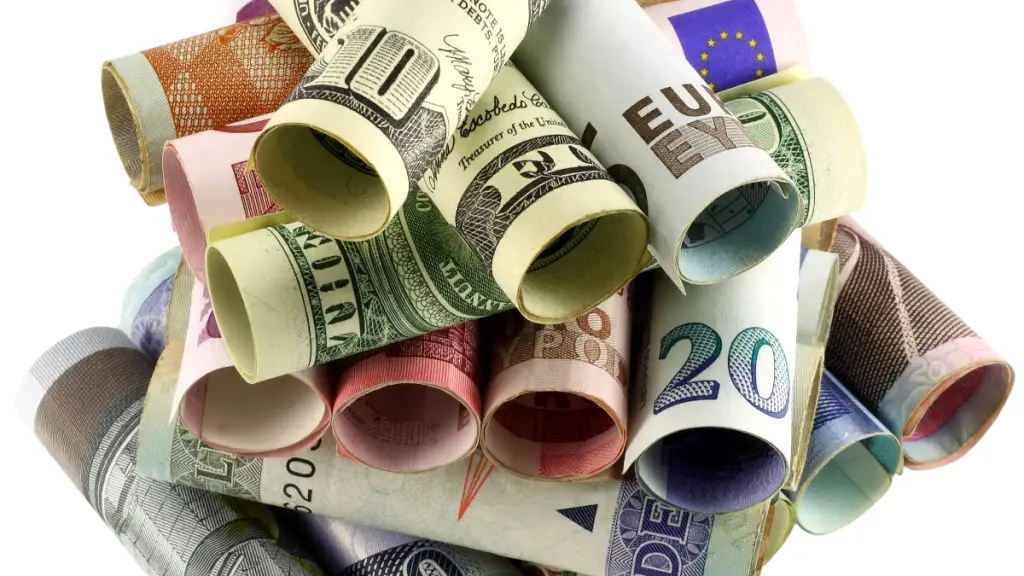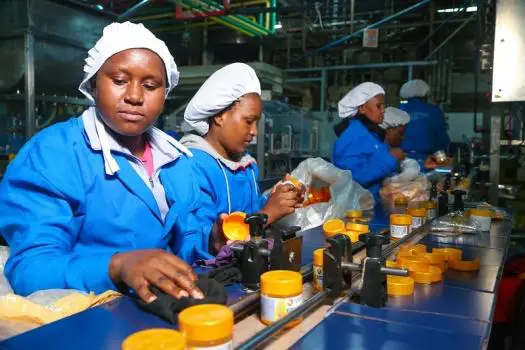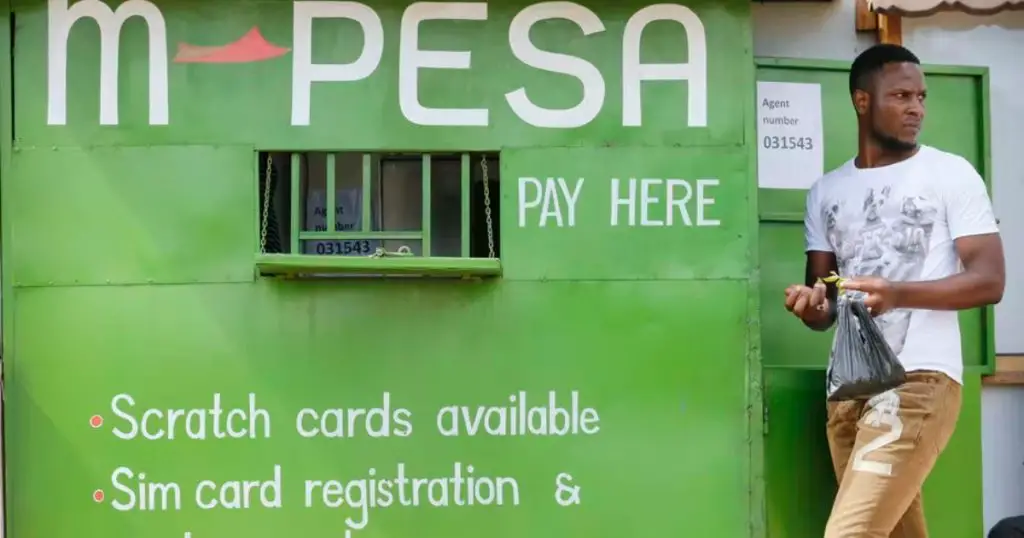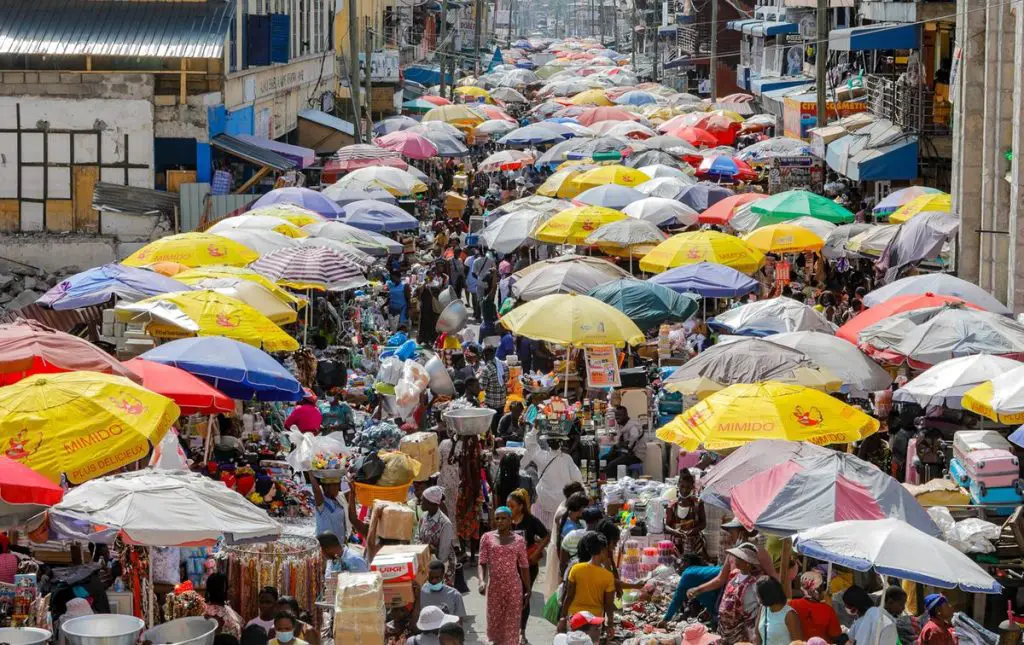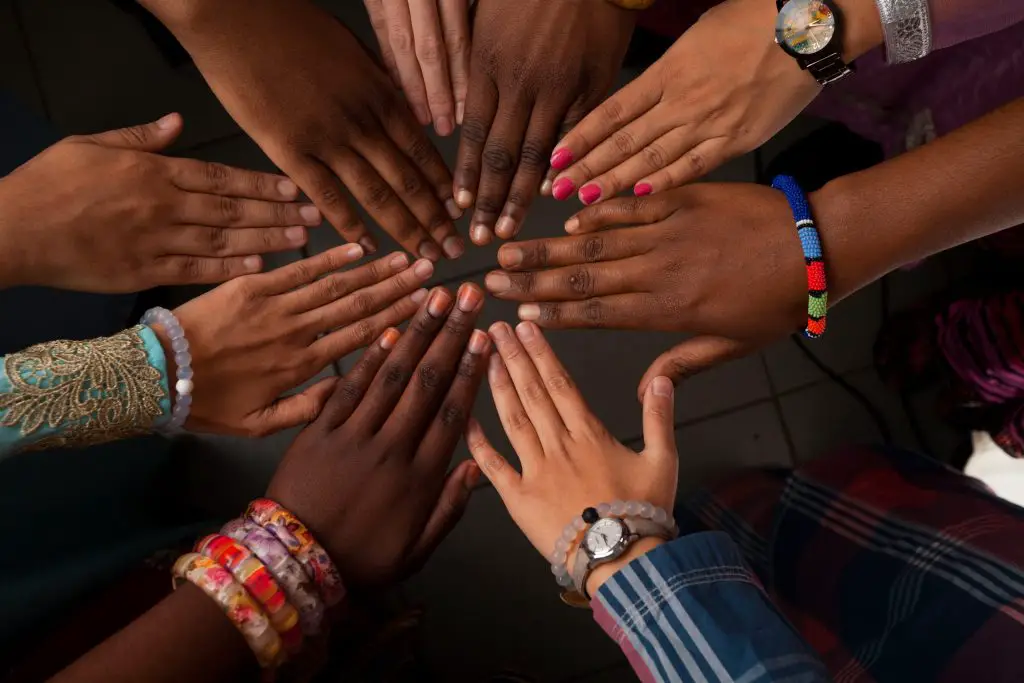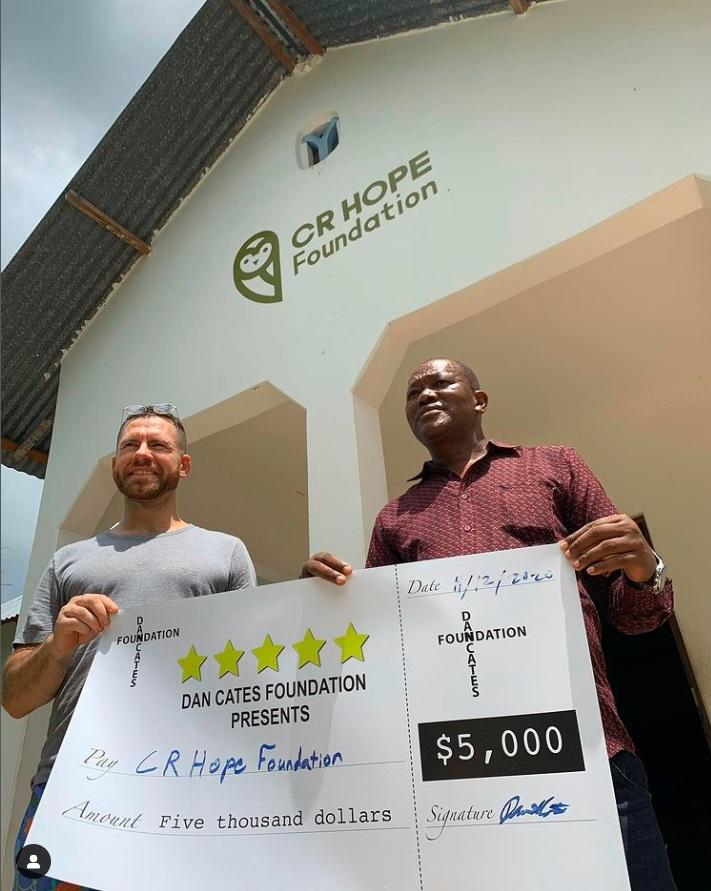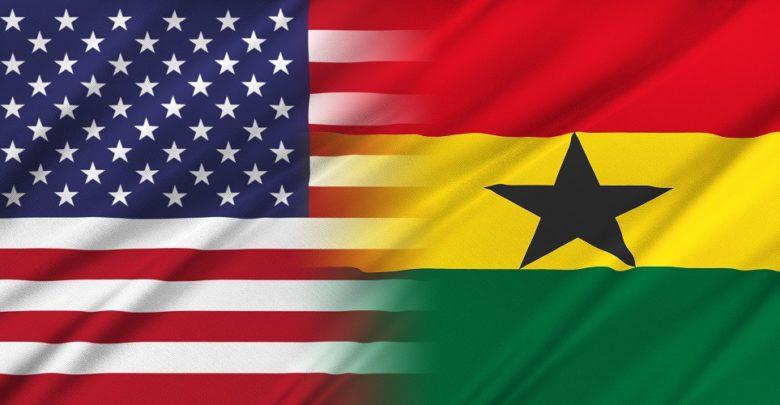- Africa’s new dawn: the rising role of digital and AI in agriculture
- Can Dangote Refinery Transform Africa Energy Ambition
- Gallup Survey: 80 per cent of Kenyan Workers Are Disengaged and Seek New Opportunities
- Madagascar Man Freed from 5KG Tumor After 15-Year Struggle
- How women in Africa are perceived and treated
- Sugar consumption in Kenya to Increase to 1.23 Million Tonnes
- Can Somalia and Turkey Oil deal Bring Change in Somaliland
- Remittances to Kenya dropped to $371.6 million in June, marking a six month low
Browsing: Ghana
To have only 3 of the eligible countries in Africa signing up for the initiative is tragic especially given the global economic environment of the world presently. A crippling sovereign crisis is looming on the African horizon. Catalysts of the crisis include a strong United States dollar which has been resurgent during the year.
Debt on the on the books of most African countries is denominated in the greenback and its strength will have an adverse impact on their public finances and their ability to service their loan obligations timeously.
This problem is further compounded by rising interest rates which are certain to make the cost of debt that much more expensive for countries that already cannot afford to be overextended financially.
The debt of most African countries is in the hands of private creditors who in recent time have become as important as their multilateral counterparts. These private creditors …
Ghana’s case specifically plays out with the dramatic effect consistent with a Shakespearean tragedy. The west African nation ironically is a darling of the West in terms of foreign direct investment. Yet, its debt levels have breached what multilateral institutions consider to be sustainable. A painful irony in the case of Ghana is that it was offered the opportunity to renegotiate the terms of its debts through the World Bank’s Debt Service Suspension Initiative. However, Ghana did not elect to participate.
A second painful irony is that Ghana, this time around, does not owe most of its debts to multilateral institutions like the International Monetary Fund or the World Bank. It owes the bulk of its debt to private lenders like the world’s largest asset manager Black Rock, and its has expressed that it has no interest in renegotiating the terms of Ghana’s sovereign debt.
If Ghana had borrowed from …
Kenya is one of the six nations chosen to participate in the AfCFTA Initiative on Guided Trade’s pilot phase after it was realised that no trading had occurred one and a half years after the start of the preferential trading system on January 1, 2021.
The ninth meeting of the AfCFTA Council of Ministers charged for trade occurred on July 25 and 26, 2022, in Accra, Ghana, and announced the Start of Trade during the Pilot Phase.
Seven nations were chosen to test out commerce in the continental free trade zone for Africa during the summit, including Ghana, Kenya, Tunisia, Cameroon, Egypt, and Mauritius.
Despite being in different economic blocs than nations like Ghana and Tunisia, Kenya will now be able to access markets in Central Africa and West Africa at preferential prices thanks to the trial phase.…
A currency crisis is defined as a quick and abrupt depreciation of a country’s currency. Currency depreciation goes in tandem with turbulent markets and a loss of confidence in the country’s economy. Historically, crises have arisen when market expectations induce significant movements in the value of currencies.
The global economy is now in turmoil. As the world economy enters another era of a currency crisis, the value of the US dollar keeps rising. Over half of all international trade is billed in dollars. A stronger dollar thus hurts consumers globally, particularly in Africa, who rely on dollars to pay for imports.
The US Federal Reserve’s hawkish approach to increasing interest rates more aggressively than central banks in other major countries has contributed to the dollar’s appreciation. The fact that investors generally see the dollar as a “safe haven” asset during times of economic turmoil has added to its resilience.…
The AfCFTA Agreement has been signed by 54 African nations thus far. Among them, 46 tariff proposals have been filed, including one by the Customs Union. Furthermore, 29 tariff proposals are technically validated for trade.
Under the Rules of Origin discussions, 87.7% of import tariffs have been settled, while phase two consultations on Investment, Intellectual Property Rights, Competition Policy, Women and Youth in Trade, and Digital Trade are underway.…
The report noted that the value of Africa’s mobile money transactions increased from US$495 billion in 2020 to US$701.4 billion in 2021. Research by American firm Boston Consulting Group (BCG) affirmed that Kenya and Ghana are ranked second and third in mobile payment usage globally after China, the world’s most populated country.
During the period under review, transactions through mobile wallets and phones were the equivalent of 87 per cent of Gross Domestic Product (GDP) in Kenya and 82 per cent in Ghana.
The International Monetary Fund (IMF) and the World Bank ranked Ghana as the fastest-growing mobile money market. That was not the case in 2009 when mobile money services were launched in the West African country. At that time, 70 per cent of Ghana’s population had no access to bank services, while approximately 35 per cent of citizens owned mobile phones.…
- The Ghanaian parliament has approved a proposal by the government to borrow up to US$750 million from Afreximbank
- A seven-year portion of the loan is broken up into two parts: one for US$102.19 million with an interest rate of 6.49 per cent overall, including fees, and another for 101 million dollars with a rate of 9.55 per cent overall
- In June, Finance Minister Ken Ofori-Atta requested parliament to accelerate the authorisation of the loans
The Ghanaian parliament has authorised a proposal by the government to borrow up to US$750 million from the African Export-Import Bank for the 2022 budget.
In June, Finance Minister Ken Ofori-Atta requested parliament to accelerate the authorisation of the loans.
However, differences have held up the process even though the country faces skyrocketing inflation, lacklustre economic growth and a tumbling local currency.
The vote by the deadlocked parliament eliminates a significant obstacle for the government of …
Among the ways that the colonizers slowed down the growth and unity of Africa is through the demarcation of boundaries 60 years ago. These boundaries gave birth to over 41 different currencies on the continent that have complicated intra-African trade.
The continent uses over 5 billion dollars in currency conversion, monies that could have been directed to other economic development projects. African countries’ attempts to form a common regional currency have proven futile precisely because of all the frameworks of laws that need to be revised and harmonized in the different countries.…
Dan Cates is a well-known name in the world of high-stakes poker well known as Dan “Jungleman” Cates and he is an ace in the game.
When Dan Cates found poker in high school, he jumped right in and started playing online. Because of his success in high stakes poker, the man known as “jungleman12” dropped out of college. It’s estimated that he has earned more money in high-stakes online cash games than any other player.
But, this is not the story.
Dan Cates is venturing into Africa not as a tourist but as an investor in doing good through his Dan Cates Foundation which was founded in 2020 and is a registered non-profit based in Ghana. The Dan Cates Foundation’s goal is to assist construct a world where everyone’s basic needs are addressed. …
Many exports from Ghana to the US benefit from duty-free tariff preferences under the American Growth and Opportunity Act (AGOA) and the Generalized System of Preferences (GSP) programme. Exports from Ghana to the US that have enjoyed AGOA preferences include yams, apparel and cocoa (beans, powder or paste).
Ghana has exported US$131 million worth of yams to the US since 2012, avoiding a standard import duty of 6.4 per cent under AGOA. Cocoa exported to the US has amounted to US$2.5 billion over the last two decades.
Miss Rosa Whitaker, the President and the CEO of the Whitaker Group (TWG), is significant to the success of AGOA in Africa, facilitating the export of over 9,000 agricultural and manufactured goods to the United States.
Whitaker advocates for African countries to research what the US market is demanding and be alert to new opportunities. She pointed out the success of Ghana’s cocoa …





